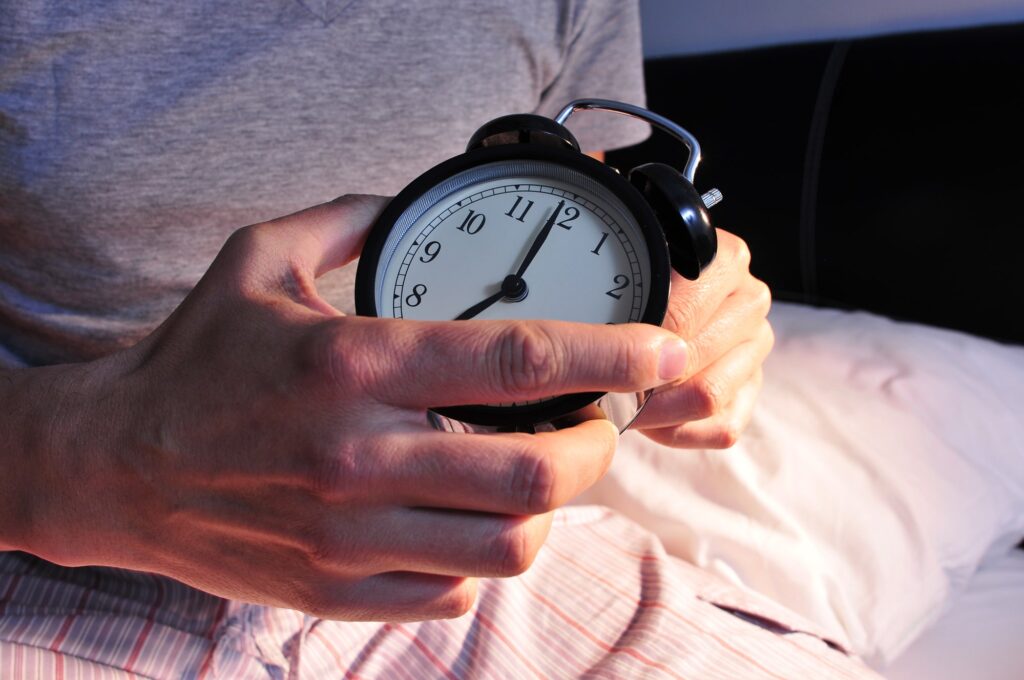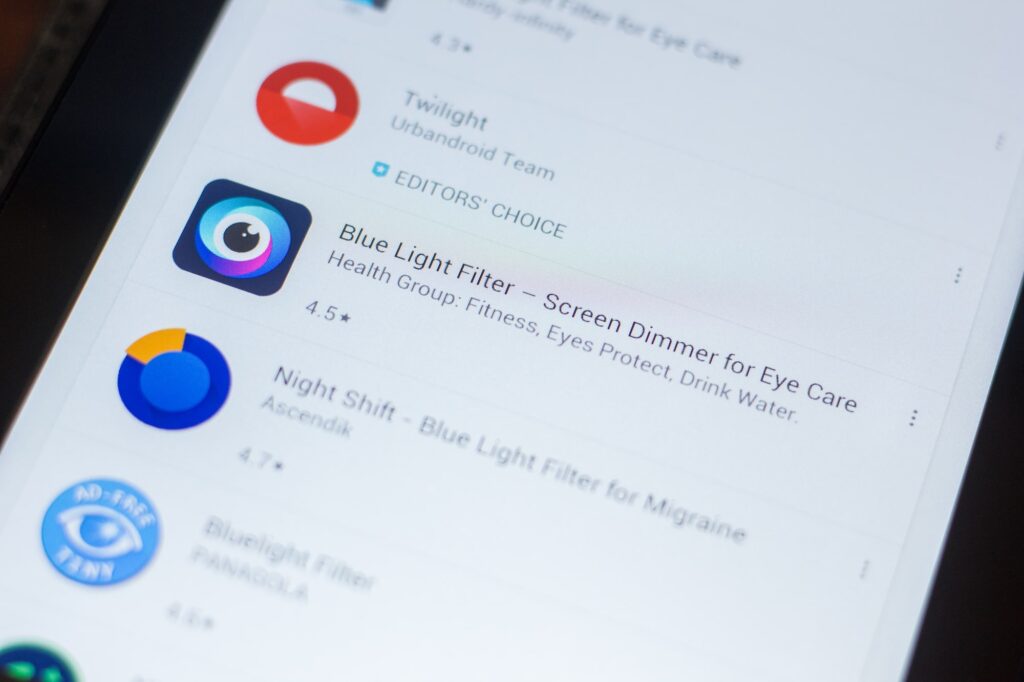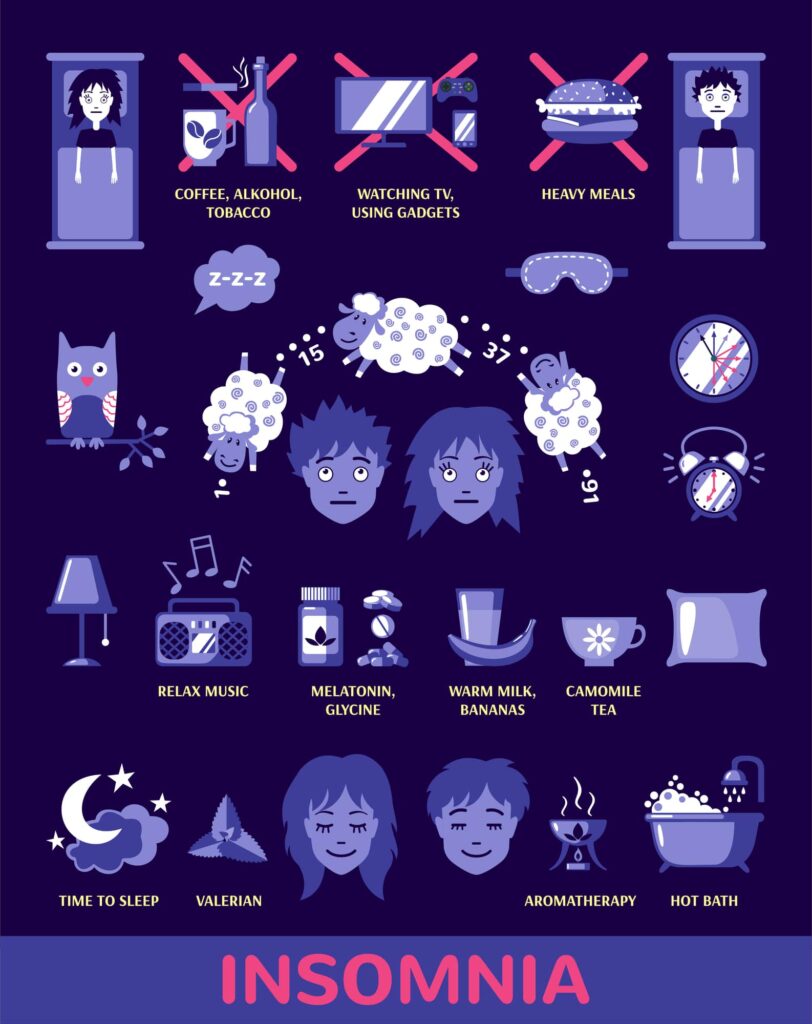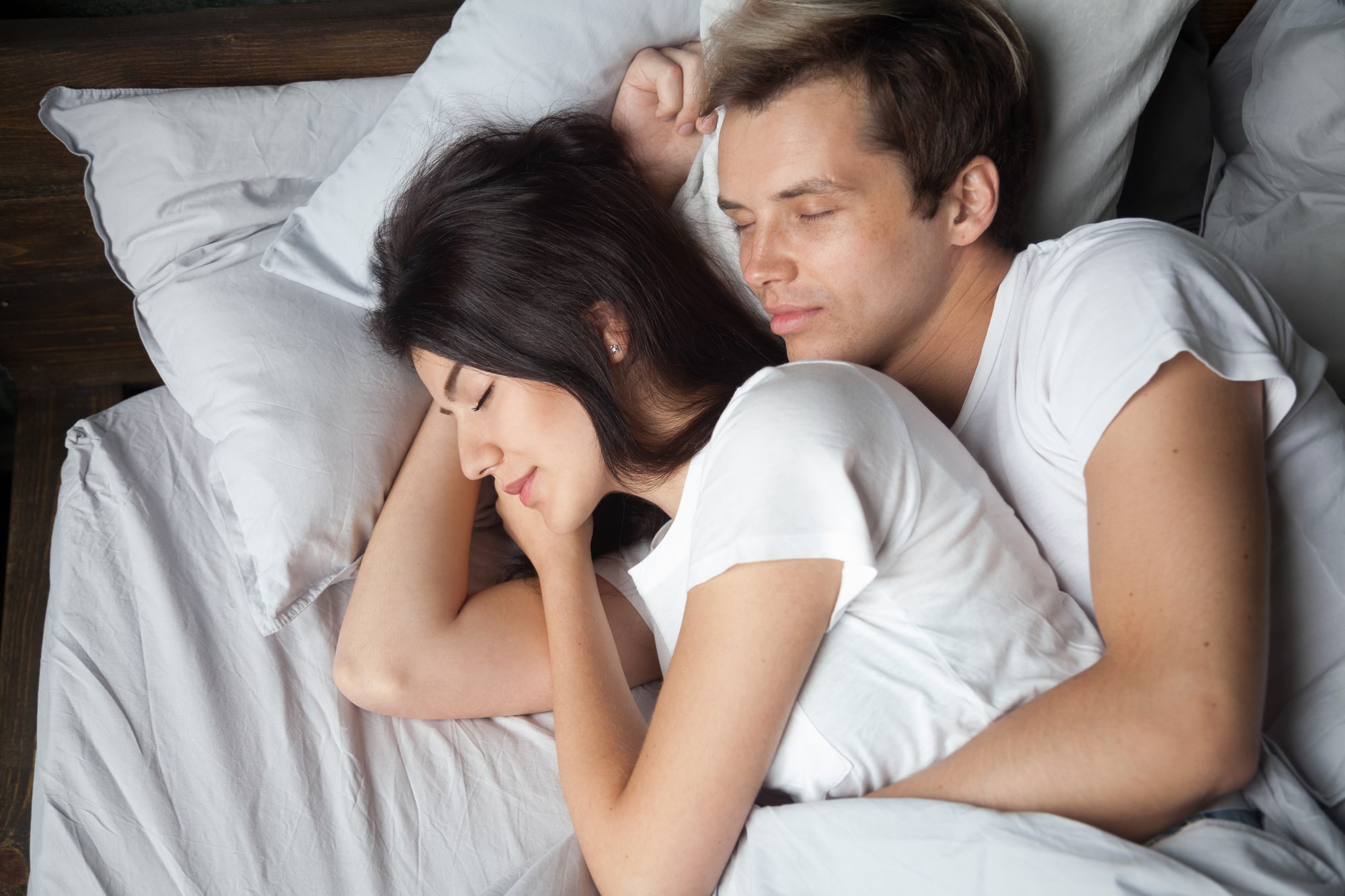Sleep is the most important aspect of self-care and yet so many people neglect it or simply just can’t sleep well. Think about it this way; If breakfast is the most important meal of the day, then sleep is the kitchen you make your breakfast in. According to surveys such as the World Sleep Day Survey Report, and National sleep surveys such as The Great British Bedtime report; when it comes to sleep, most of us either:
- Avoid it
- Delay it
- Not able to do it or get enough of it (due to multiple factors)
The biggest issues these surveys are reporting are:
- Adults are not getting enough sleep (particularly women)
- People do not have the appropriate routines to get to sleep
According to the World Sleep Day Survey Report (2018), adults recognize the importance of regular meal times and sticking to a morning routine to help them wake up. However, what is forgotten is a routine of getting to sleep and sticking to a regular bedtime.
Finding A Solution To Sleep Well
So how do we correct this? We are all individuals, so what works for one person won’t necessarily work for someone else. However, there are a number of different processes that can be developed for an individual sleep routine that can suit your personal needs. Here are some basic rules that everyone should stick to.

-
Always Keep To A Fixed Bedtime
Having an irregular sleep time can be detrimental to your health. So although it may make you feel like a tall child, you need to have a set bedtime as well. Even if it’s the weekend and you don’t need to be ‘up in the morning’.
2. Electronic Device Free Zone
Making the last hour before bed as electronic device free time is very important. This means no;
- Computer
- TV
- Ipad
- Smartphone
During this time you could take part in relaxing activities such as;
- Reading
- Having a bath
- Knitting
- Meditation
- Yoga (specific for good sleep)
This time is yours, free from any screens. When it’s dark in the evenings (and this will change according to the seasons), it can be helpful to add a blue light filter onto your phone.

Most phones come with this as standard now however you can also use a program called “f.lux” on computers which will work to reduce light from your screen. This will happen automatically according to the time of day and the season.
There’s a lot more to say on light and colour for aiding good sleep patterns, but I’ll stop there as blue light and its impact on our circadian rhythm is a topic I want to address with more detail in a future post.
3. Bedtime Routine
Make sure that the bedroom is only used for sleep. Your brain is stupid. Not you specifically, all of our brains are dumb. It will associate the bedroom with being active if you work, watch TV, or do anything that is not relaxing in the bedroom. Keep that room as a place of rest.
4. Avoid Alcohol, Nicotine And Coffee
Although relaxing (apart from coffee!), these are all big no-nos for a good night slumber. They will keep you too stimulated to fall asleep. Alcohol will and does make you sleepy, but it disrupts your sleep-cycle so you are not getting quality sleep.
In addition to these basic rules, there is a technique that can help some people but personally it does not work for me. If you cannot sleep, rather than lingering in bed unhappy, just get up for a bit and try to relax away from your bed.
Personally, for me this just makes me feel more irritated with the lack of sleep as I notice things around the house that I should have done. Or my cat wants to have lots of attention and I just end up thinking about things that are not helping me to rest.
However, I bring this up as this does work for some people and is often recommended so give this a try and see if it works for you.

Final Thoughts
From these basic points we can develop our sleep routine to our individual needs. CBT activities and changing the way that you think about sleep can also help you get a better sleep.
There are a number of techniques that can help with this, and I will write about them in the future. However, I will tell you if your attitude to going to bed is similar to your 10 year old of “5 more minutes”, you are not going to get a good night’s sleep.
You need to approach bed like Peter Pan with only Happy thoughts. Saying mantras (in your head, obviously, I’m sure any bed partners that you have would not appreciate this), such as:
- It feels good to be still and calm
- I settle into my bed, my whole body is relaxed
- My breath is deep, and slow, moving like the tide
- It’s a relief to be this relaxed, to be in bed
- This moment of peace is a gift and is my time
If you are able to monitor your thoughts or do a guided meditation, it can really help you get to sleep. Deep breathing and tensing and relaxing your body (Progressive Muscle relaxation) are all very effective at helping someone to get to sleep. Furthermore they are easily done once you are in bed.
For information on “The Healthiest Sleep Postures”, click here.
Obviously, there is a lot of information to unpack. This is just an overview to get a discussion occurring with yourself. This is your self care. This is your time. Remember you deserve rest! Let’s start reducing the number of sheep we count.

